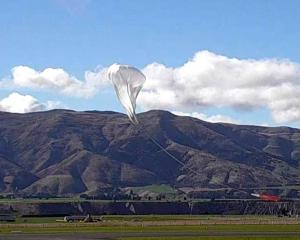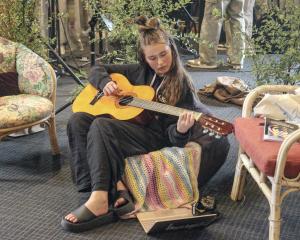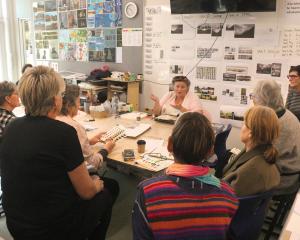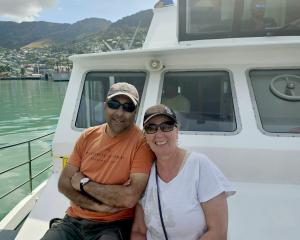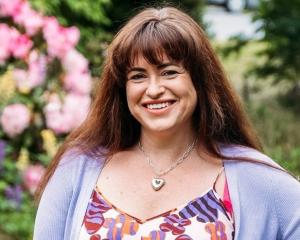
The Wanaka-based businessman is retiring from the position of trust chairman, which he has held since 1997 alongside directorships and other activities, including a stint as chairman of the Otago District Health Board.
"I'm going to miss [being trust chairman] like hell, because it's been a fascinating project and a fascinating service to be associated with," Mr Black said. "It's been a privilege."
Since the service began, the helicopter had taken more than 9500 patients to hospital - and the rescue missions ran the gamut, from sporting, farm and workplace accidents to major medical events and transfers from smaller regional hospitals.
The trust's area covered the entire lower half of the South Island which comprised about 25% of the total landmass of New Zealand, and encompassed some of the highest mountains and most challenging terrain in the country.
His association with the rescue helicopter started before the establishment of the trust, when he spearheaded a $3.5million fundraising drive for a dedicated rescue helicopter with colleague and fellow trustee Michael Coburn.
That was after being approached by commercial pilot Graeme Gale, now chief pilot of the rescue helicopter, and St John regional leader Ian Rae.
Otago was the only region in the country without a dedicated rescue helicopter at the time, and the number of accidents occurring was "quite frightening", he said.
The original fundraising drive led to the purchase of all the equipment the trust needed, and the addition of a helipad to Dunedin Hospital.
Mr Gale said the helipad had been "just fantastic" and enabled the helicopter to operate 24/7. The service now had four helicopters in total, three in Dunedin and one in Queenstown.
Among other achievements, the Otago Rescue Helicopter was one of the first in the country to have dedicated paramedics on the base, ready to go fully-crewed when
a call arrived.
While the majority of the funding for the helicopter was provided by the Ministry of Health, ACC and the Southern District Health Board, the trust made up the shortfall via donations from businesses and from the wider community.
Every year, the Otago Regional Council also funded the helicopter trust to the tune of $350,000.
A total of $14.8million had been generated from the community since 1997, Mr Black said.
"The rescue helicopter enjoys a pretty special place in most people's hearts. An awful lot of donations are actually bequests."


